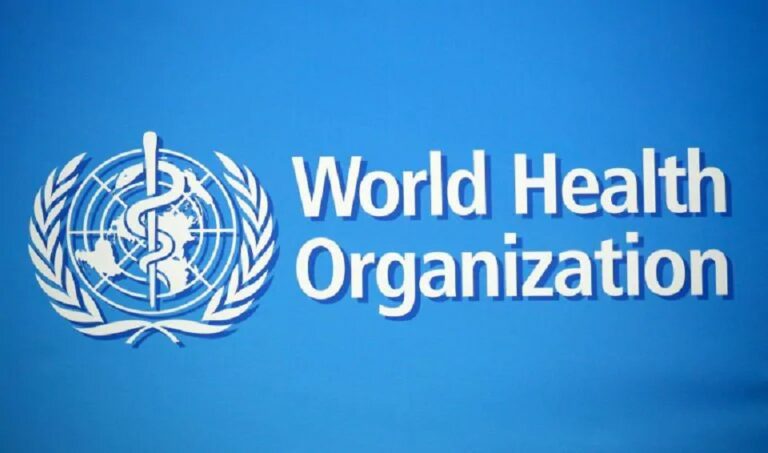
The World Health Organisation and Member countries of South-East Asia Region has discussed further strengthening health emergency security systems to effectively respond to the ongoing COVID-19 pandemic and prepare for future health emergencies.
“The COVID-19 pandemic has posed unprecedented challenges. No country globally was prepared enough to deal with an emergency of this scale. It is critical that lessons from the ongoing pandemic are used to inform our efforts to strengthen health security systems,” said Dr. Poonam Khetrapal Singh, Regional Director WHO South-East Asia, at the 74th Regional Committee meeting.
Strengthening emergency risk management has been a flagship priority programme of the WHO South-East Asia Region since 2014, which has consistently been scaling up response capacities since the 2004 Indian Ocean tsunami, a mega disaster that hit six countries of the region.
Months before the COVID-19 outbreak, the member countries of the region had adopted the ‘Delhi Declaration’ to strengthen emergency preparedness capacities by scaling up risk assessment, increasing investments, and enhancing implementation of multi-sectoral plans. Over the years, the member countries made considerable progress in implementing the International Health Regulations (IHR) (2005) for health emergency preparedness and response.
“Countries fully utilised the existing core capacities to control transmission and save lives while trying to match the unprecedented challenges of the pandemic,” the Regional Director said, adding that “critical gaps in our health security systems and arrangements need to be addressed.”
The member countries discussed reviewing and reforming various aspects of preparedness, including but not limited to emergency governance structures and workforce, surveillance and alert mechanisms, laboratory, supply management systems, health-care system preparedness and risk communication and community engagement, read a statement issued by WHO Regional Office for South-East Asia on Thursday.
The ongoing response has demonstrated that the highest level of political leadership and involvement and functional multisectoral arrangements are crucial in preparing for and responding to severe health emergencies.
The pandemic has reiterated the importance of effective alert mechanism which ensures early notification and information sharing for global risk assessments and coordinated, timely and decisive responses.
Another lesson learnt from the ongoing pandemic is the effectiveness of non-pharmaceutical public health and social measures (PHSM). These measures can stop transmission but also have significant socioeconomic consequences.
Engaging with people for them to take informed decisions to adopt preventive behavior, support surveillance, contact-tracing, quarantine, and sharing correct information, is critical.
Dr. Khetrapal Singh said the member countries must build, strengthen and maintain core capacities required under IHR (2005) through developing and implementing the national action plans for health security, linked with health systems strengthening efforts.
Source : TRN,






